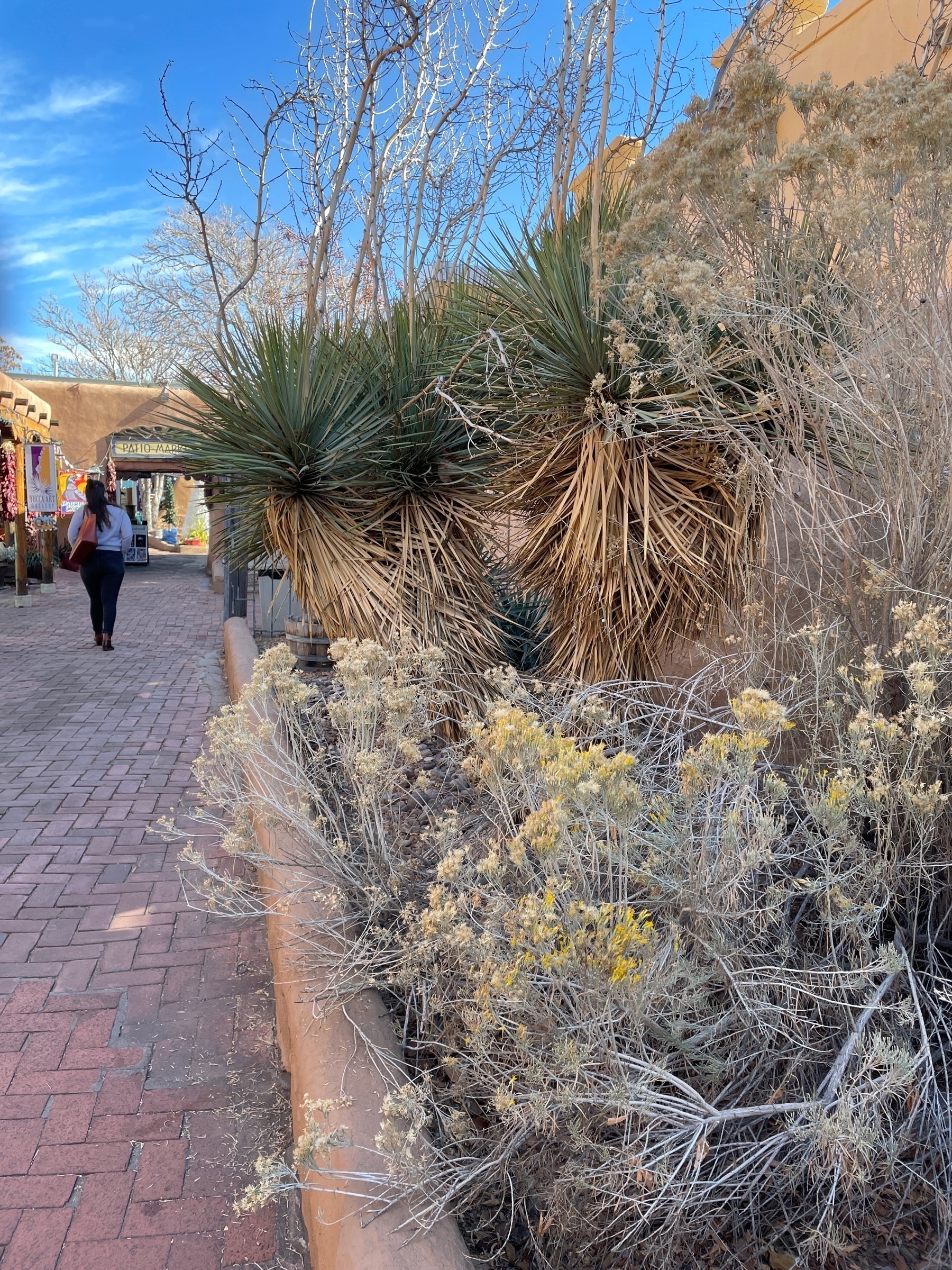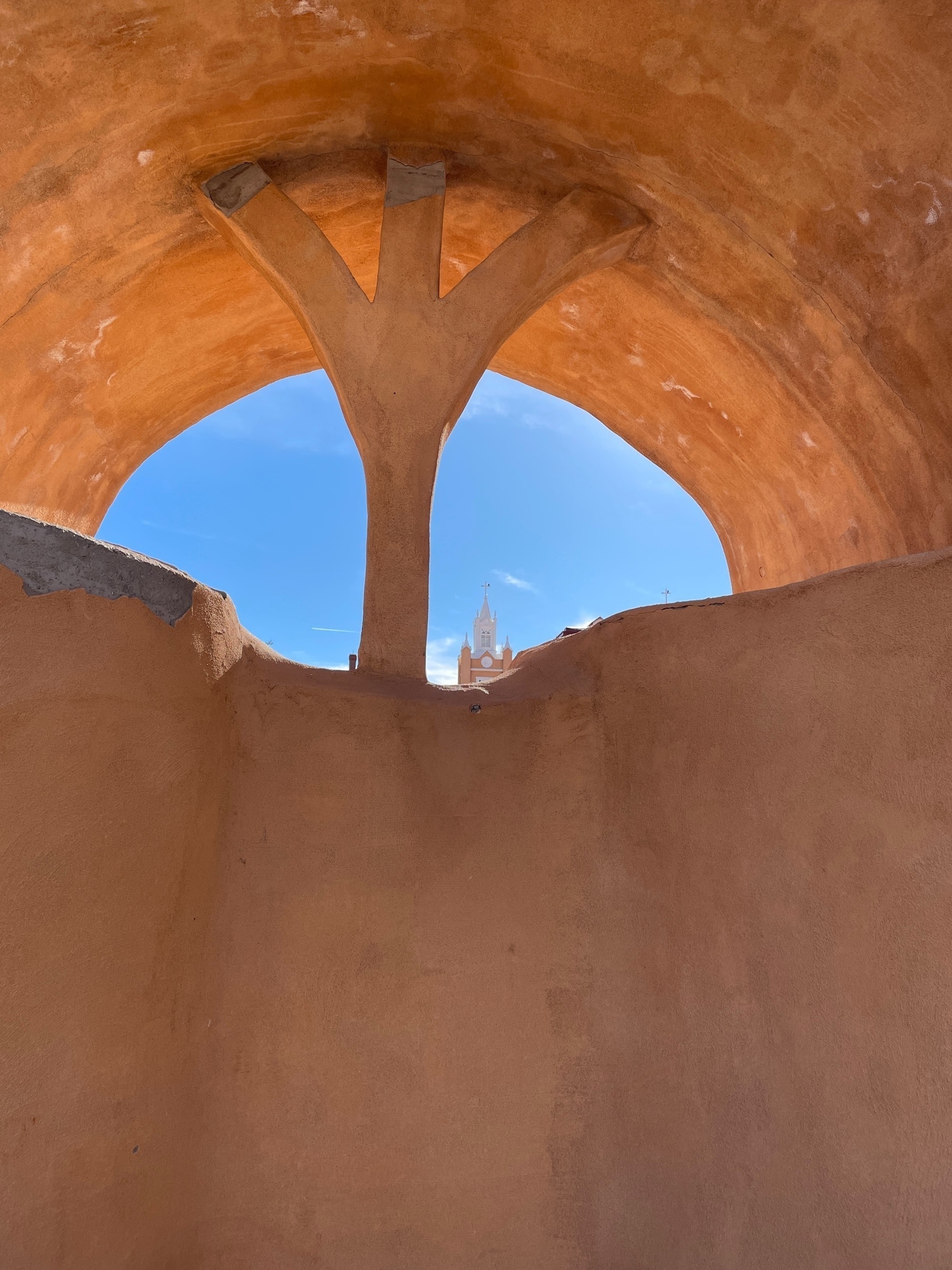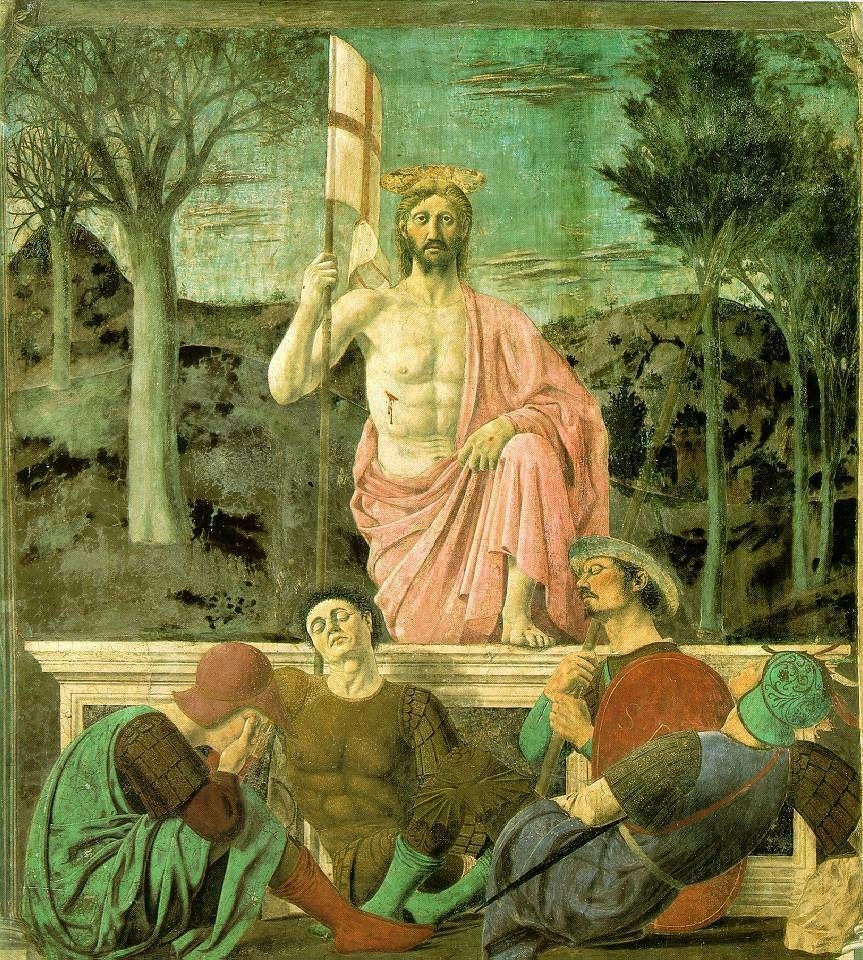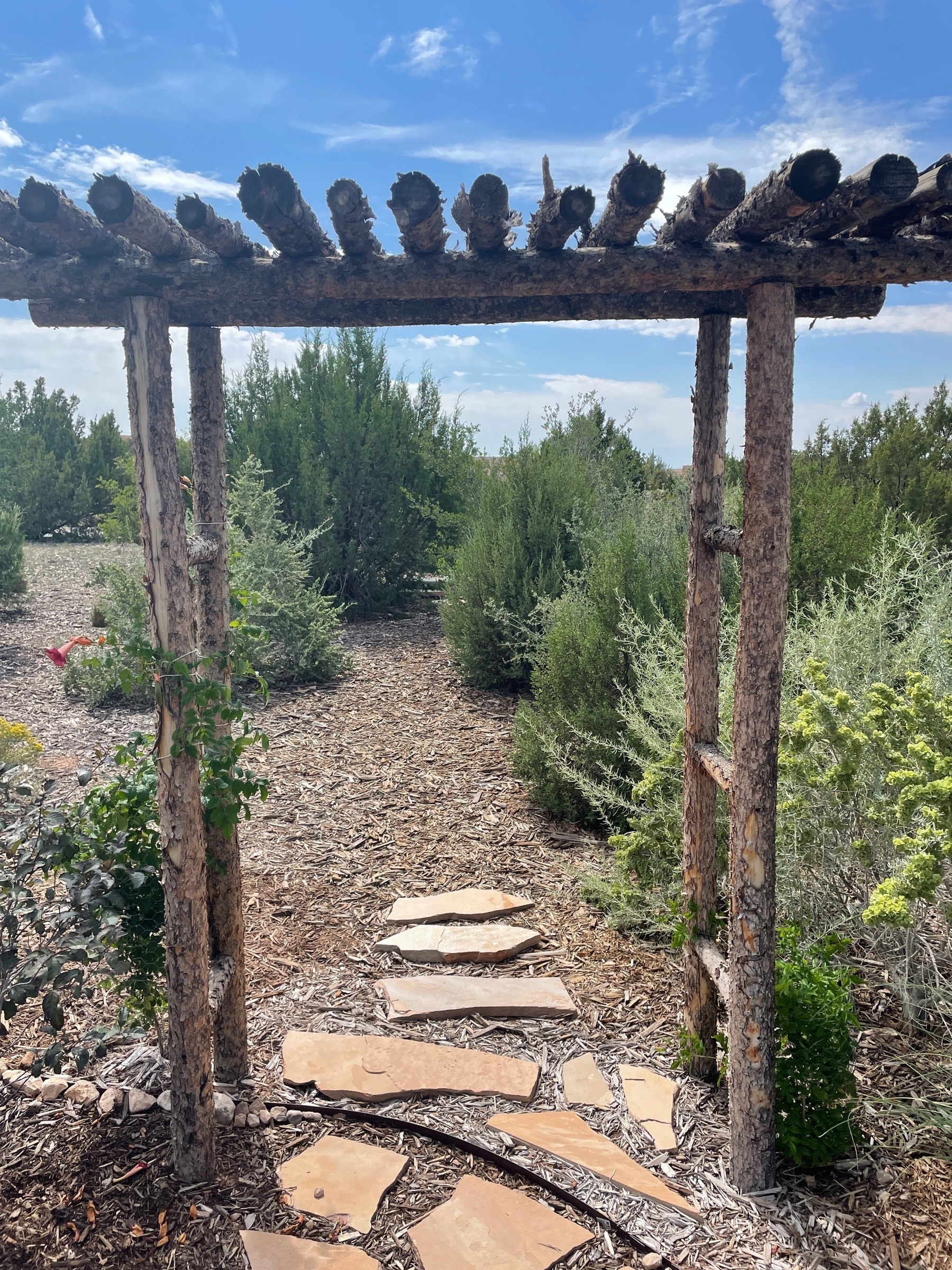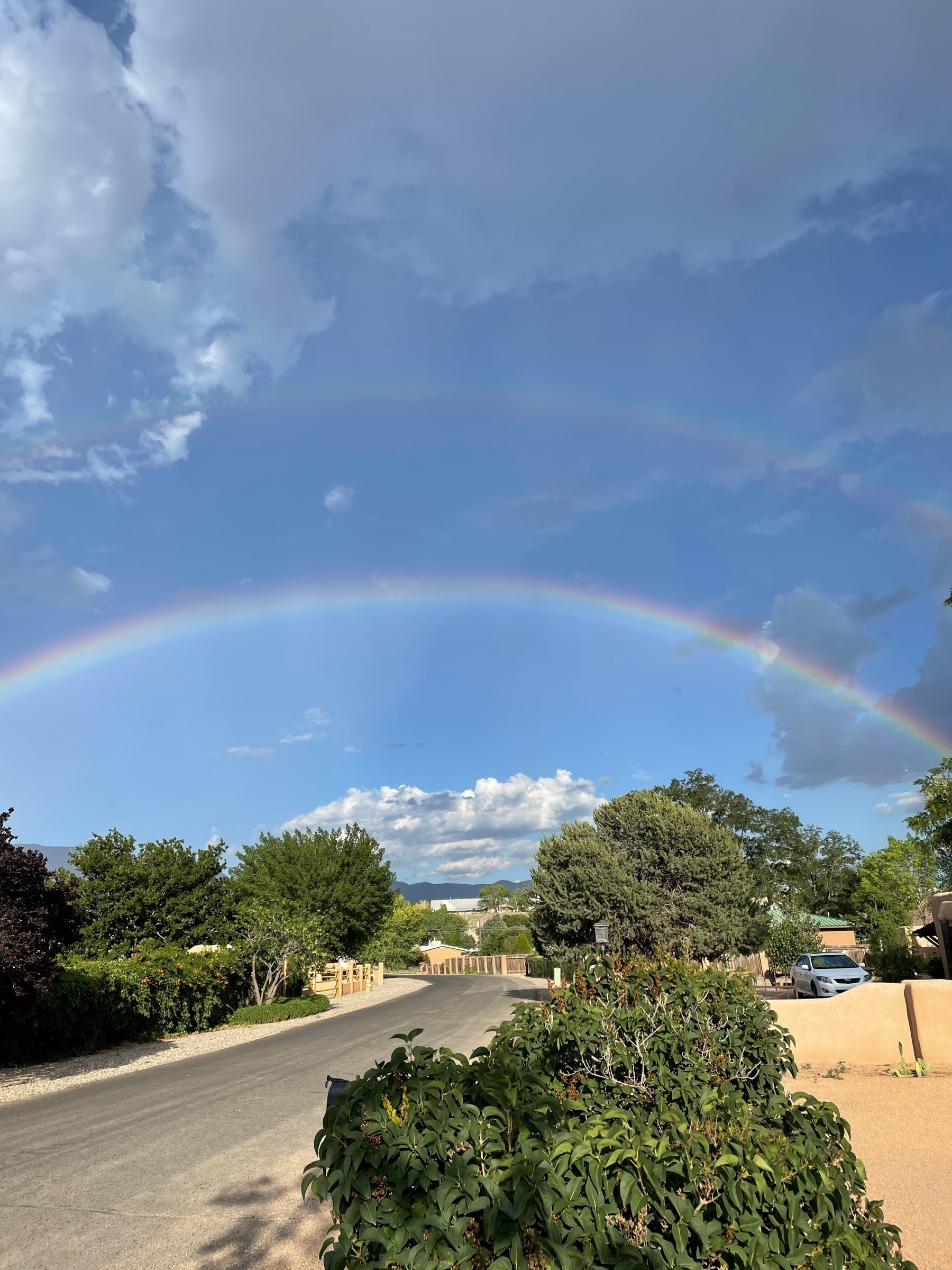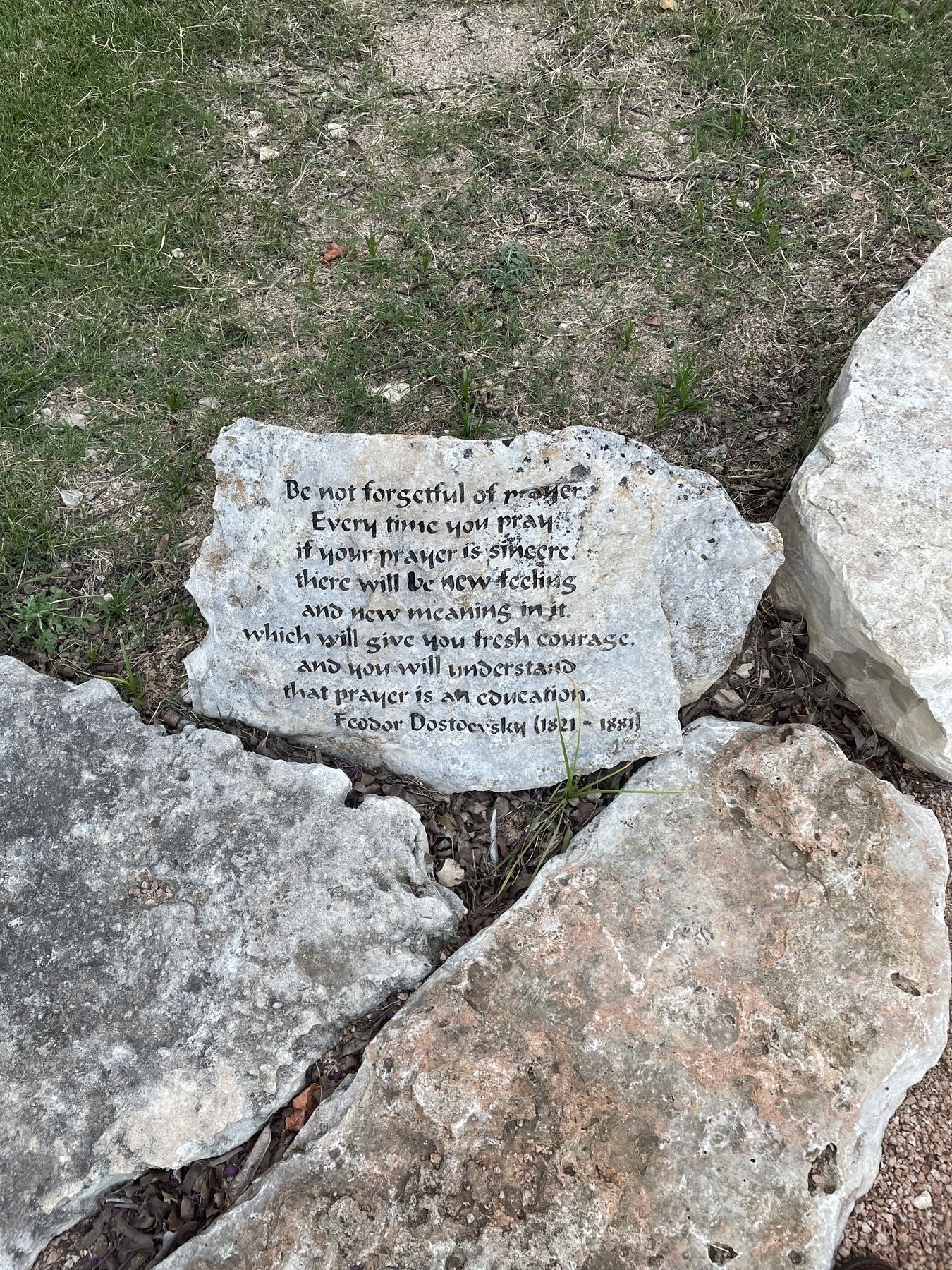Notes on *Christ the Stranger*

I want to return to Christ the Stranger: The Theology of Rowan Williams by Benjamin Myers 📚
…A book that I read some time ago but want to note a few key quotes.
In a discussion on Rowan Williams formation by Orthodox theology, Myers notes the profundidty of the theology of the cross and the ‘Eastern’ approach of “Negative Theology” (What God is not):
Crucifixion: >Looking into the darkness of Golgotha, he lurches back into the brooding depths of creation, where the swirling galaxies take form in his own congealing blood. His wounds cut deep into the sinews of eternity; he has bled forever, crying while his blood brought forth the ‘heat and weight’ of all the worlds. ‘There was a cross in the heart of God before there was one planted on the green hill outside Jerusalem.’
Apophatic approach: >Negative theology, he argues, can never be ‘a move in a conceptual game’; it is not a technique, or a linguistic trick, or a clever way of circumventing obstacles in our language about God. It is rather a process of transformation, a conversion of the intellect – or rather, a conversion of the whole self – whereby we are drawn outside ourselves into the presence of someone who is different. According to Lossky, the doctrine of the trinity is a crucifixion of the intellect, ‘a cross for human ways of thought.’ If the cross is a revelation of God’s identity, then personality itself – what it means to be a person – is revealed as a ‘kenotic’ reality. In the trinity, there is no self-interest, no ‘individual will,’ but only an enormous movement of painful, ecstatic self-renunciation. This self-renouncing pattern of life is the root of all personal being.
Lastly, a key passage about Williams as a poet:
…Williams argues, the poet confronts the failure of language with complete honesty, and then endures this failure in order to go on speaking: ‘The return to language requires an act of faith, and an acceptance of the probability of failure.’Such a return to language is grounded in a Wittgensteinian awareness that there are no private or individual meanings, only the shared meanings that we exchange with one another. Part of the vocation of poets is to share with others their experience of the difficulty of language, their hurtful awareness of limitation, frustration, and inarticulacy. It is not the successes of poets but their failures that matter most: poets expand our human capacities by exposing us to the sheer objectivity of language, the way it enables human community while resisting human mastery and control.

